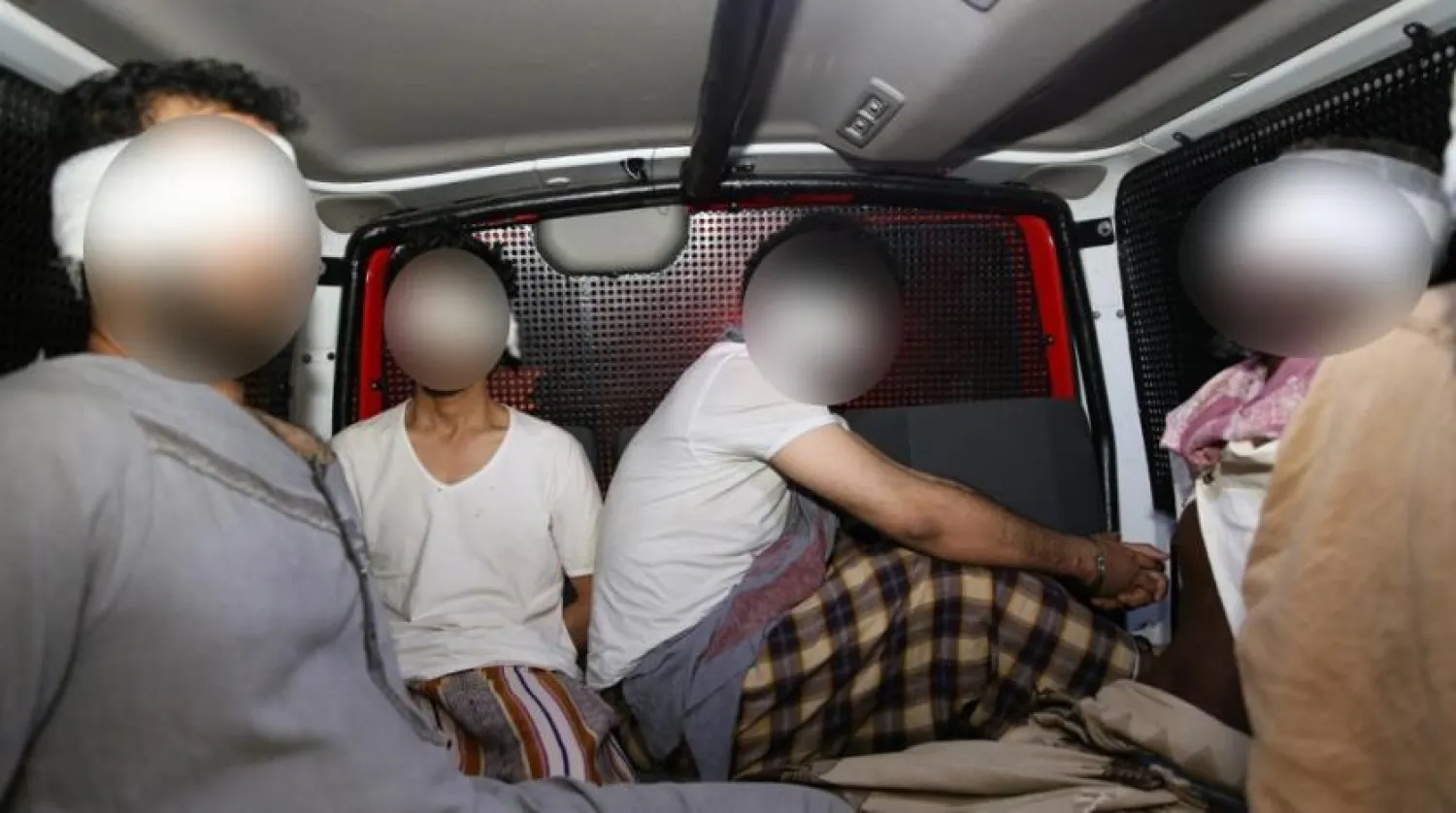The Saudi-led Arab coalition to restore legitimacy in Yemen revealed on Monday that the leader of the ISIS affiliate in Yemen had previously fought in the terrorist group’s ranks in Syria.
Coalition spokesman Colonel Turki al-Maliki added that the ISIS “emir”, who was captured by Saudi Special Forces last month, hailed from Yemen and operated under several aliases, such as Abu Osama Al-Muhajir, Abu Musab, Abu Suleiman al-Adeni and Nashwan al-Adeni.
He was tasked with leading the extremist group’s affiliate in Yemen, Maliki told a press briefing in Riyadh.
He was born in 1988 and did not complete his mechanical engineering degree. His terrorist track record dates back to 2010 when he became a leading member of al-Qaeda in the Arabian Peninsula.
He left the organization in 2015 and joined ISIS where he joined the group in fighting in Syria. In 2017 he was appointed as the leader of the ISIS “emirate” in Yemen. Soon after, the United States imposed sanctions against him.
The Arab coalition had previously stated that the practices of the Iran-backed Houthi militias have encouraged terrorist activity in Yemen.
Terrorist affairs researcher Hammoud al-Ziyadi explained that one of ISIS’ primary goals was to establish “states” beyond its then strongholds in Syria and Iraq.
The group wants to exploit the instability in Yemen to bolster is presence and expand in the region, he told Asharq Al-Awsat. It also sought to recruit al-Qaeda members to join its ranks.
“ISIS managed to gain ground in many regions where al-Qaeda was previously active and Qaeda members began to move towards ISIS affiliates,” he said.
Moreover, he stated that ISIS sought to exploit the poor security in Yemen and Libya to gain influence.
It attempted to target Saudi Arabia, but failed because the Kingdom is in control of its state and security, Ziyadi added.
Yemen has long attracted terrorist organizations given local factors and political upheaval. These groups had an ultimate goal to stoke unrest in the Gulf region, especially in Saudi Arabia. The Houthi militias are an example of such groups that have set their sights on the Gulf and marine routes.









